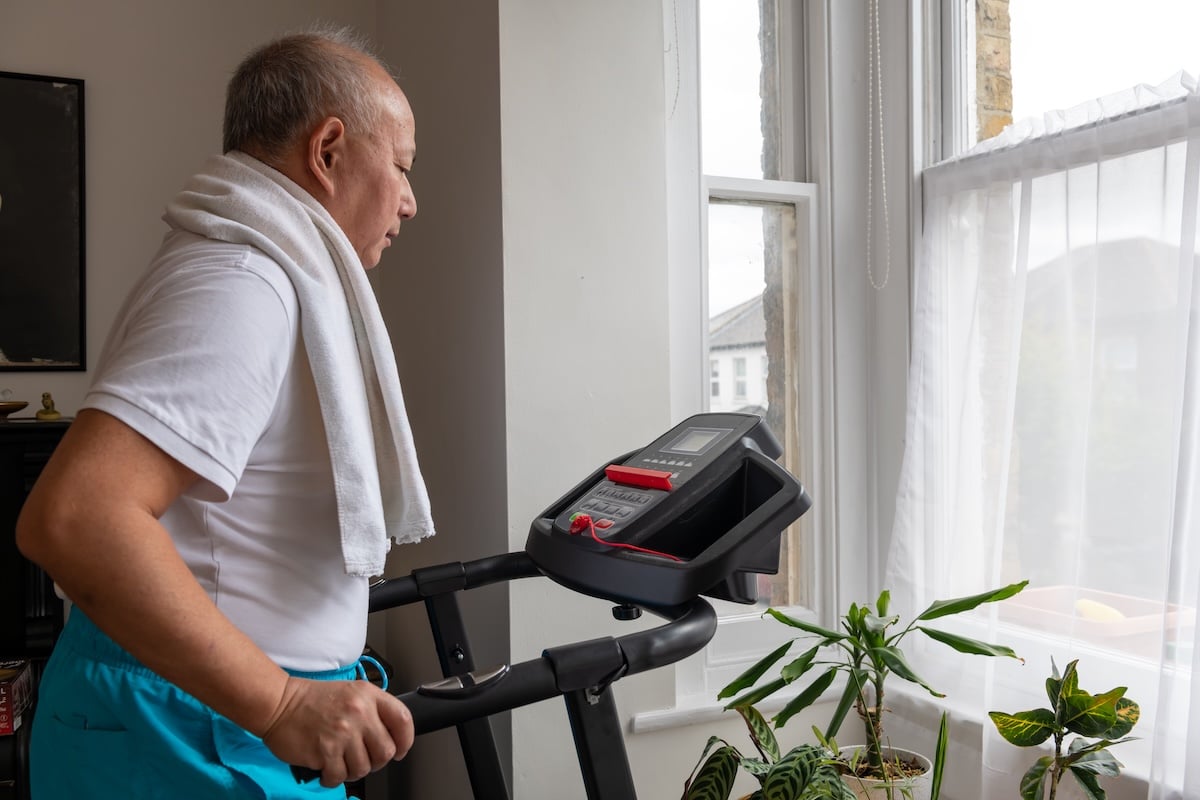While diseases like dementia or Alzheimer’s often factor into nursing home admissions, another overlooked mental health issue is a leading cause of the loss of independence for older adults — depression.
Depression is not part of the normal aging process, and according to the Centers for Disease Control, many older adults who suffer from depression don’t seek help because they believe it’s part of growing older. In fact, untreated late-in-life depression increases the risk for other illnesses and cognitive decline.
What are the Symptoms of Depression in Older Adults?
We all feel sad or blue from time to time, but depression is more than just “having the blues.” Someone with depression experiences symptoms of sadness and anxiety for weeks at a time. According to the National Institute of Mental Health, symptoms of depression in older adults can include:
- Memory problems
- Confusion
- Social withdrawal
- Loss of appetite
- Weight loss
- Vague complaints of pain
- Inability to sleep
- Irritability
- Delusions (fixed false beliefs)
- Hallucinations
What Can I Do About Depression?
It’s important to keep in mind depression can be treated. Remember, the earlier a treatment is started, the more effective it can be.
A critical first step in seeking treatment for you or someone you know is getting to a doctor. Several other disorders like thyroid dysfunction or certain viruses can cause depression-like symptoms, so it’s important to get evaluated by medical professional to make sure what you’re experiencing is actually depression.
If you or a loved one is diagnosed with depression, there are many treatment options. Antidepressants or cognitive behavioral therapy have been shown to be effective in treating depression.
What Can I Do If I’m Depressed?
If you’re struggling with depression symptoms, it can be difficult to take action to help yourself. Recognizing your symptoms can be a vital first step in starting to feel better. Other actions you can take to help yourself include:
- Take time to get some exercise or attend a ballgame or other social event
- Break up a large task into smaller ones
- Educate yourself about depression
- Spend time with people you trust
- Keep in mind treatment takes time
What Can I Do for a Depressed Loved One?
If someone you love is experiencing depression, one of the most important things you can do is help them with the treatment process. This could mean going with them to appointments or just asking how treatment is going.
Other ways to be helpful:
- Reminding them the depression will lift
- Offering support
- Inviting them out for social activities like dinner, a walk or a movie
Whether you or someone you know is battling depression, it’s important to remember it is a treatable illness. If you have questions about depression or think you may be experiencing symptoms, talk to your doctor. Taking steps to maintain your mental health is important to aging in place successfully. For more tips on how remain in your home as you age, download our free guide.














